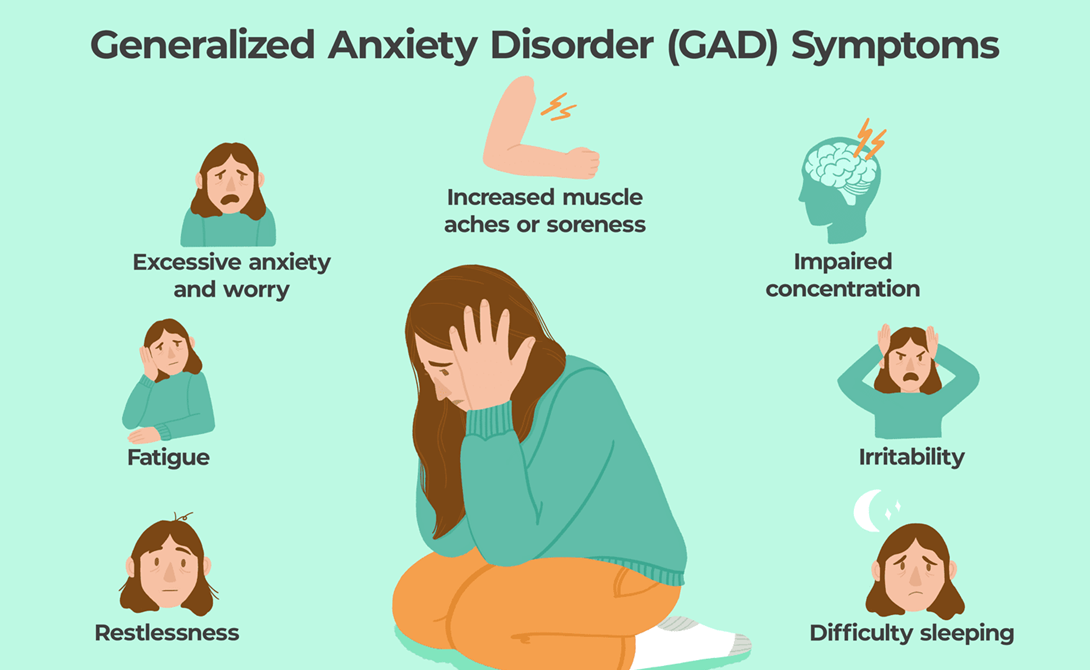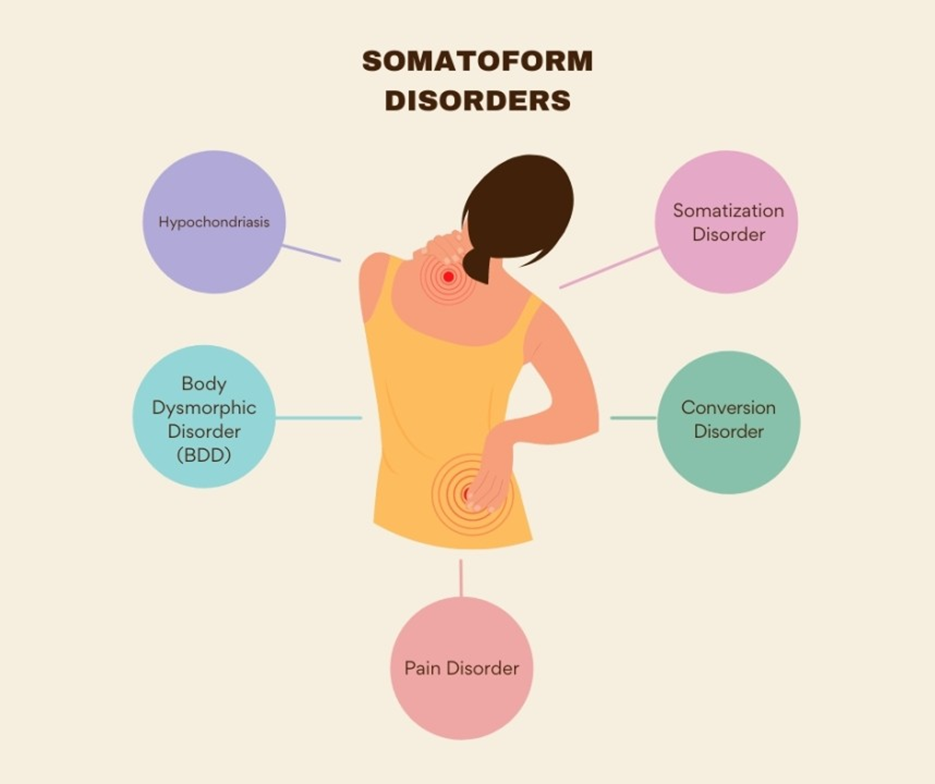A 23-year-old is about to take a math test. A nursing assessment reveals mild anxiety. The nurse explains that this level of anxiety:
is pathologic and warrants postponing the test.
may be transferred to their classmates and result in generalized anxiety disorder.
will interfere with their cognitive ability.
is conducive to concentration and problem-solving.
The Correct Answer is C
Choice A Reason:
Labeling mild anxiety as pathologic and suggesting that it warrants postponing the test is not accurate. Mild anxiety is a normal response to stress and can actually be beneficial in certain situations. It helps to increase alertness and focus, which can improve performance on tasks such as taking a test. Pathologic anxiety, on the other hand, is excessive and persistent, interfering with daily functioning and requiring clinical intervention.
Choice B Reason:
The idea that mild anxiety may be transferred to classmates and result in generalized anxiety disorder is not supported by evidence. Anxiety is a personal experience and while it can be influenced by the environment, it is not something that can be directly transferred from one person to another. Generalized anxiety disorder is a chronic condition characterized by excessive worry about various aspects of life, and it develops due to a combination of genetic, environmental, and psychological factors.
Choice C Reason:
While severe anxiety can interfere with cognitive ability, mild anxiety typically does not. In fact, mild anxiety can enhance cognitive performance by increasing alertness and focus. It is only when anxiety becomes overwhelming that it starts to impair cognitive functions such as memory, attention, and problem-solving.

Choice D Reason:
Mild anxiety is conducive to concentration and problem-solving. This level of anxiety can act as a motivator, helping individuals to focus better and perform tasks more efficiently. The Yerkes-Dodson law suggests that there is an optimal level of arousal (including anxiety) that enhances performance. Too little arousal can lead to underperformance, while too much can cause performance to deteriorate.
Nursing Test Bank
Naxlex Comprehensive Predictor Exams
Related Questions
Correct Answer is D
Explanation
Choice A Reason:
Uses relaxation techniques for stress reduction.
Using relaxation techniques for stress reduction is generally considered safe and beneficial. Techniques such as deep breathing, meditation, and progressive muscle relaxation can help reduce stress and anxiety without significant risks. Therefore, this information does not require immediate investigation.
Choice B Reason:
Expresses an interest in yoga to improve flexibility.
Expressing an interest in yoga to improve flexibility is also generally safe and beneficial. Yoga can enhance physical flexibility, strength, and mental well-being. Unless the client has specific health conditions that might be affected by certain yoga poses, this information does not require immediate investigation.
Choice C Reason:
Has tried acupressure for pain relief several years ago.
Trying acupressure for pain relief several years ago is not typically a cause for concern. Acupressure is a non-invasive therapy that can help alleviate pain and promote relaxation. Since it was used in the past and not currently, it does not require immediate investigation.
Choice D Reason:
Has been using herbal supplements without consulting a healthcare provider.
This is the correct response. Using herbal supplements without consulting a healthcare provider can be risky because some supplements can interact with prescribed medications or have side effects. It is crucial for the nurse to investigate this information immediately to ensure the client’s safety and prevent potential adverse effects.
Correct Answer is A
Explanation
Choice A Reason:
The client diagnosed with a somatoform disorder should have any new medical complaint evaluated.
This is the correct response. Clients with somatoform disorders often experience physical symptoms that cannot be fully explained by any underlying medical condition. However, it is crucial to evaluate any new medical complaints to rule out any actual medical conditions that may require treatment. This approach ensures that the client receives comprehensive care and that any potential medical issues are not overlooked.

Choice B Reason:
The client diagnosed with a somatoform disorder can be easily cured with medication.
This statement is incorrect. Somatoform disorders are complex and often require a multifaceted treatment approach, including psychotherapy, behavioral interventions, and sometimes medication to manage associated symptoms like anxiety or depression. There is no simple cure for somatoform disorders, and treatment typically focuses on managing symptoms and improving the client’s quality of life.
Choice C Reason:
The client diagnosed with a somatoform disorder has a real medical diagnosis for their symptoms.
While clients with somatoform disorders experience real and distressing symptoms, these symptoms are not typically linked to a diagnosable medical condition. The symptoms are believed to be related to psychological factors, and the focus of treatment is often on addressing these underlying psychological issues rather than finding a medical diagnosis.
Choice D Reason:
The client diagnosed with a somatoform disorder intentionally pretends to have physical symptoms.
This statement is incorrect. Clients with somatoform disorders do not intentionally fake their symptoms. Their symptoms are real to them and cause significant distress and impairment. The symptoms are not under the client’s conscious control, and they genuinely believe they are experiencing a medical condition.
Whether you are a student looking to ace your exams or a practicing nurse seeking to enhance your expertise , our nursing education contents will empower you with the confidence and competence to make a difference in the lives of patients and become a respected leader in the healthcare field.
Visit Naxlex, invest in your future and unlock endless possibilities with our unparalleled nursing education contents today
Report Wrong Answer on the Current Question
Do you disagree with the answer? If yes, what is your expected answer? Explain.
Kindly be descriptive with the issue you are facing.
